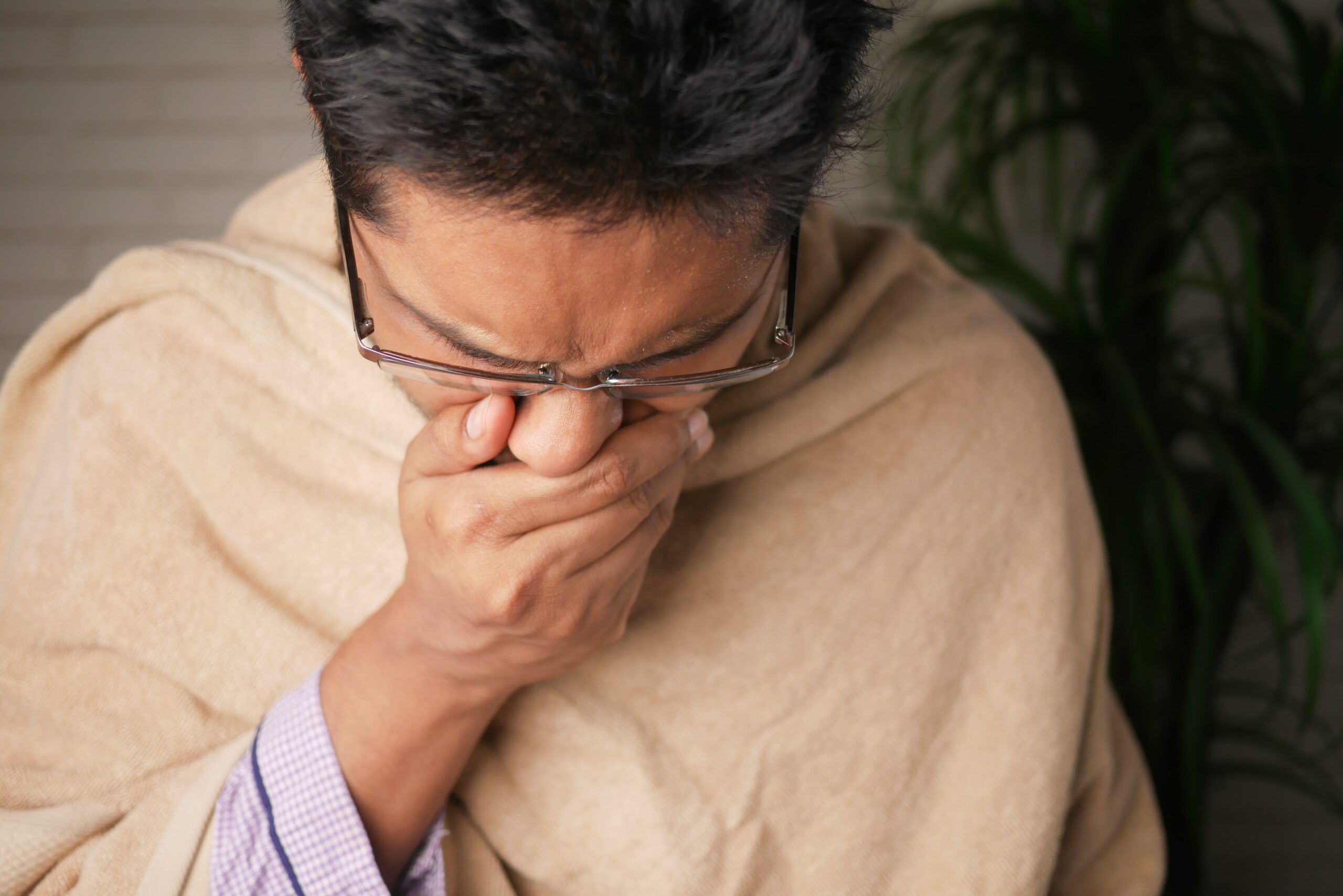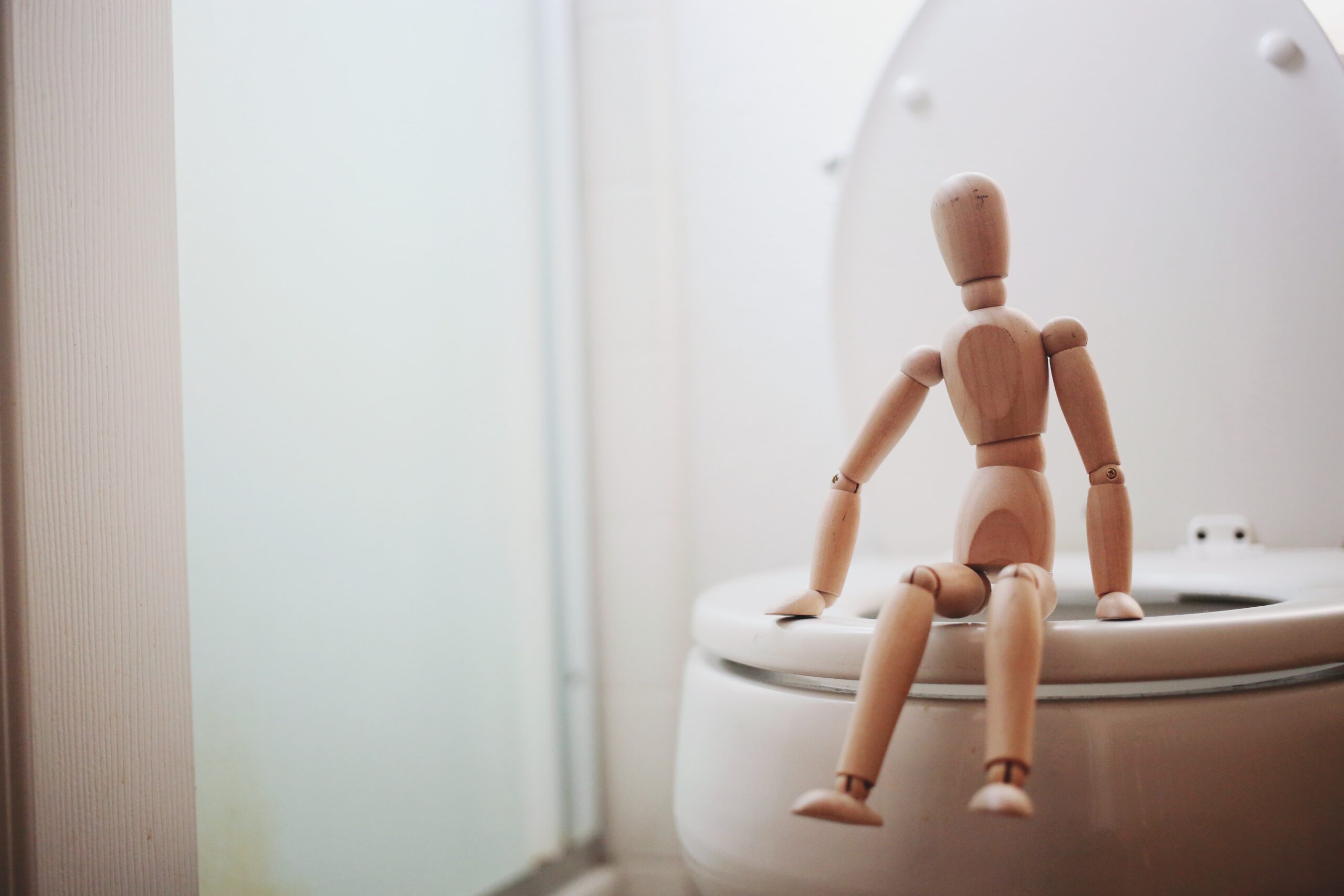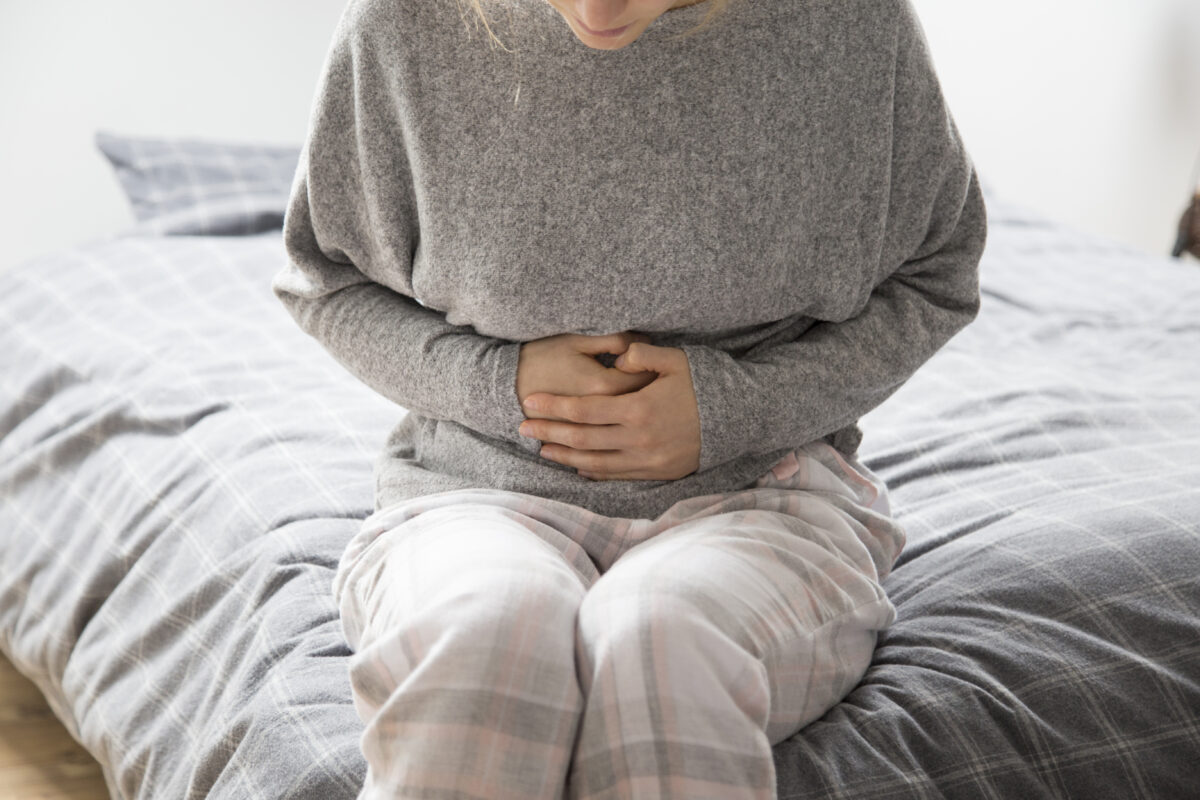After consumption of alcohol, vomiting, and diarrhea, how long does it take to rehydrate after vomiting and diarrhea? What if you used IV hydration therapy to speed it up? Excessive loss of fluid isn’t just uncomfortable—it can be downright dangerous. How can you best recover after drinking too much alcohol, vomiting, or diarrhea? How long does it take to replenish those lost fluids? While there are numerous techniques for dealing with fluid loss, one of the absolute best is IV hydration therapy, and we’re going to talk about why. The body loses far more fluid after a protracted episode of diarrhea or vomiting than it can take in. Dehydration is the end outcome, which happens when your body lacks the fluid it requires to function properly. While these events are uncomfortable, prolonged dehydration can lead to more serious situations such as kidney failure. It is essential to rehydrate after vomiting to replenish the lost fluids and restore proper bodily functions. In this article, we’ll see how IV hydration therapy can speed up your recovery from : You lose fluid quickly when you’re unwell with diarrhea or vomiting. Therefore, it’s crucial to ingest as much fluid as you can. Depending on how much water is being lost, you will need to replace an equal amount. It can be challenging to keep fluids down if you’re queasy. Dr. Joshua Evans, an expert on dehydration and a physician at Children’s Hospital of Michigan in Detroit, suggests “trying sipping little quantities of water as frequently as possible.” Drinking more liquids can be aided by sucking on ice or frozen Popsicles. But according to Evans, “water alone doesn’t replace the critical salts that the body needs for fluid balance and other activities.” It’s imperative to replace these necessary minerals when experiencing diarrhea or vomiting. One method to consider is IV Hydration Therapy. You’re losing more than just the contents in your stomach, so it is critical to rehydrate as soon as you can.
Alcohol, despite sometimes seeming refreshing at the moment, dehydrates you more than it helps. If you’re not balancing your consumption with a few glasses of water, you’ll find yourself in need of recovery. How should you rehydrate after vomiting, and how long does it take to rehydrate after drinking too many drinks? It is crucial to prioritize rehydration after vomiting excessive alcohol to replenish the lost fluids and restore proper bodily functions. The process of administering fluids, nutrients, and medications directly into a person’s body through veins, typically in the arm, is referred to as IV therapy. In order to swiftly replenish lost nutrients and fluids in cases of severe dehydration, IV treatment is frequently employed. IV therapy has a number of advantages over oral treatments for electrolyte replenishment. Compared to oral intake, IV treatment replenishes lost nutrients more quickly. Utilizing an IV also allows for more effective electrolyte delivery because you can modify the solution based on the patient’s specific needs. IV treatment also eliminates the possibility of consumed items being regurgitated if the patient experiences frequent vomiting. One thing to consider is that IV therapy for moderate to severe dehydration is typically performed as an inpatient procedure, necessitating documentation completion and a stay in the clinic or hospital until a medical expert releases you. You could spend many hours on this process. Thankfully, Westside Wellness eliminates a lot of the unfavorable risks associated with IV therapy. Upon scheduling, we’ll travel directly to your place, saving you the trouble of making an appointment to see a clinic. We can treat migraines and hangovers in addition to treating the symptoms of dehydration thanks to our flexible packages.
Vomiting and diarrhea could be symptoms of numerous disorders. A bacterial infection, parasite, serious disease, or even a straightforward case of food poisoning might cause these symptoms. Prolonged vomiting and diarrhea both have the side effect of dehydrating the patient. When fluids in the body are lost and not restored, dehydration results. So how do you rehydrate after vomiting? Treatment for dehydration typically requires intravenous administration of a saline solution containing sodium, carbohydrates like glucose or dextrose, and electrolytes like potassium. Crystalloid solutions, which facilitate water osmosis in your cells, are used to create IV solutions. Crystalloid solutions come in three different tonicities: hypotonic, hypertonic, and isotonic. Utilizing mobile hydration therapy following a vomiting episode has a number of benefits, but the primary advantage is that you won’t trigger any additional issues with your stomach. Since the fluids are entering your bloodstream directly, you’ll have immediate relief from dehydration, which in turn could help with your nausea.
Diarrhea is an uncomfortable expulsion of bodily fluids, and can become serious if you aren’t replenishing fluids shortly after. So how can you rehydrate after diarrhea? Just as we discussed with vomiting, IV hydration therapy can be a simple and effective solution to dehydration due to diarrhea. Depending on the cause, drinking electrolyte beverages, consuming soft food, or even sipping water can trigger another bout. If you are suffering from food poisoning, this is especially true. That’s where IV therapy bypasses the issue and delivers fluids and vitamins where they are needed most. If you need help recovering from illness, or just a few too many, we have the resources to get you where you want to go. Westside Wellness in Santa Monica offers mobile IV Therapy vitamin treatments performed by a registered nurse in the comfort of your own home. Westside Wellness IV vitamin drip infusions have essential electrolytes, vitamins, and minerals to help you feel better, look better and perform better!
How to Rehydrate After Vomiting and Diarrhea?


How to rehydrate after consuming too much alcohol


How to rehydrate after vomiting


How to rehydrate after Vomiting and Diarrhea


Try IV Hydration Therapy Today
Westside Wellness Blog







